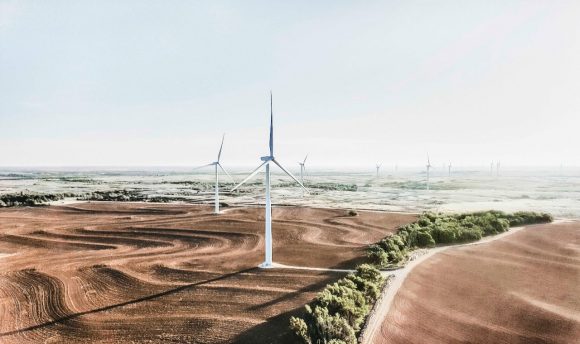Market insights
Data capabilities
Featured topics
Access a rich collection of insights organized by specific areas of interest.
UBS Global Research Pod Hub
Tune in to our episodes for insights on the topics that matter from our global economics, strategy and industry thought leaders at UBS.
Tune in to our episodes for insights on the topics that matter from our global economics, strategy and industry thought leaders at UBS.
Latest insights
A snapshot from our investment banking experts and research analyst teams who provide daily deep dives into market dynamics and emerging opportunities.









